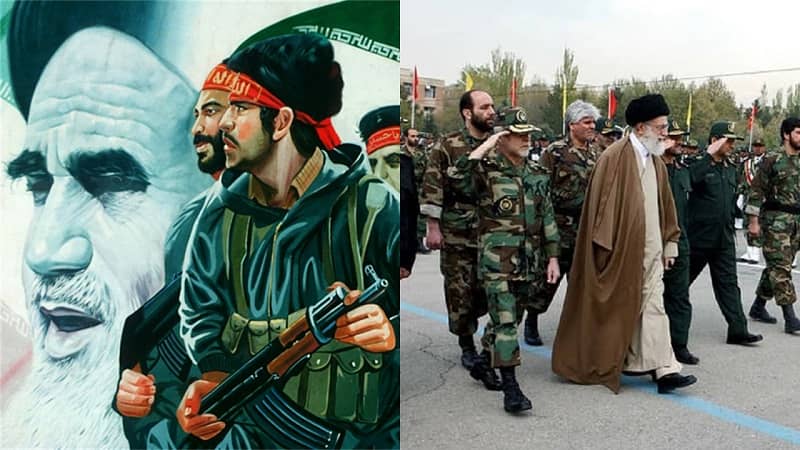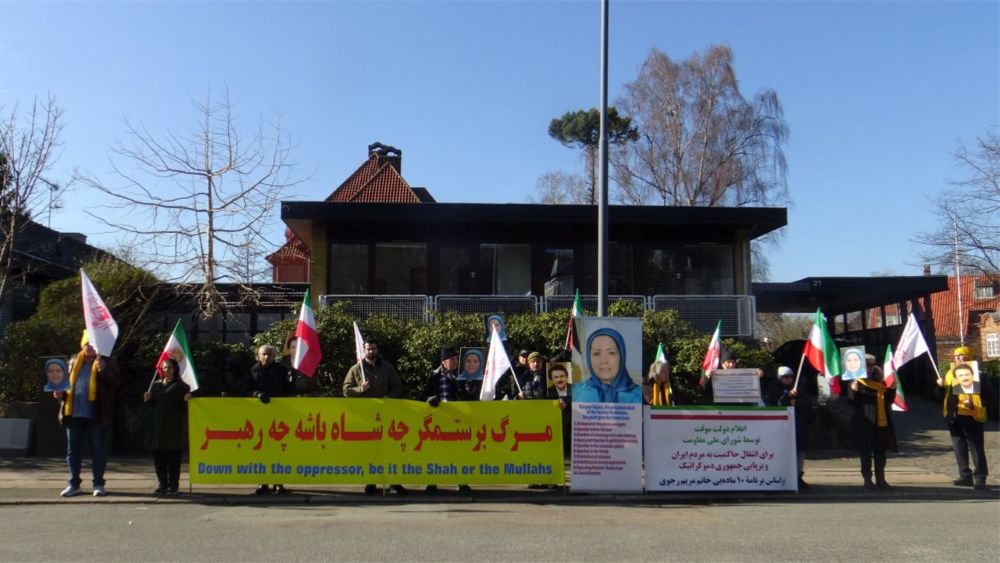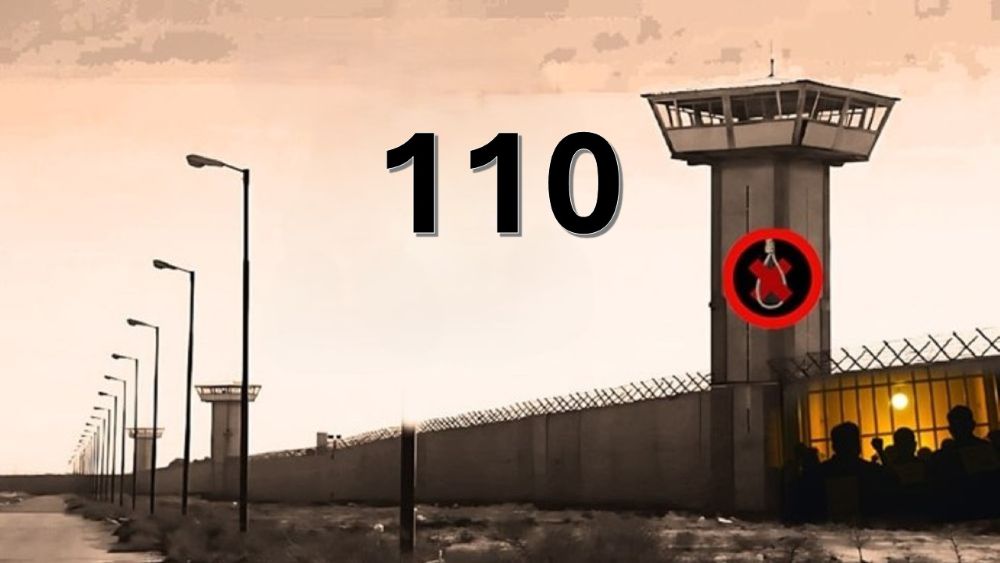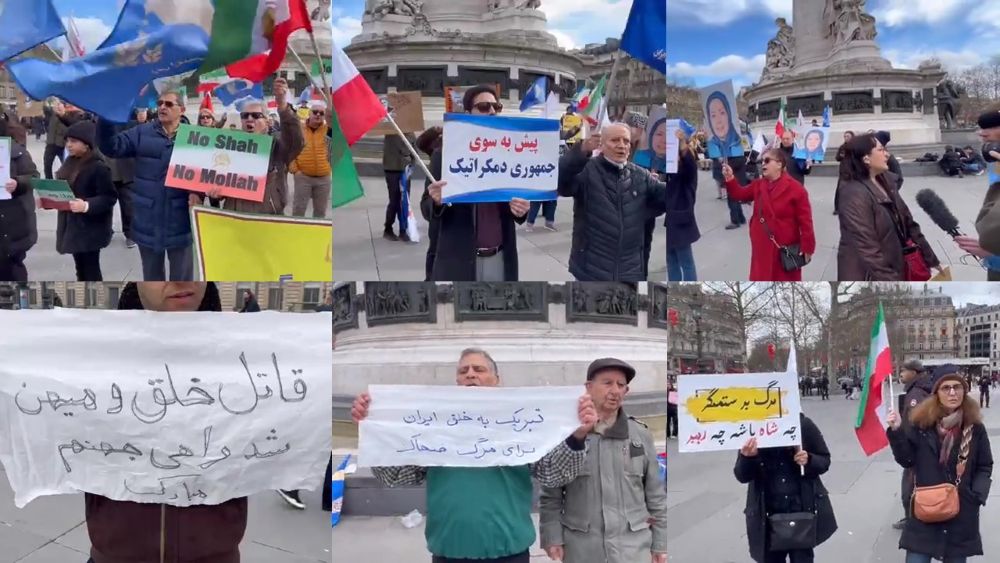
On February 3, the Islamic State chief, Abu Ibrahim al-Qurayshi was killed in a military raid by the United States. While the U.S. President, Joe Biden, commended al-Qurayshi’s elimination, underlining that ‘this horrible terrorist leader is no more’. But the question remains, will this end the reign of terror under the cloak of Islam?
Prof. Alejo Vidal Quadras, the former vice-president of the European Parliament, said that, “Biden administration indeed delivered a significant blow to IS terrorists. But its fight against terrorism stands in stark contrast to its feeble approach towards the most active state-sponsor of terrorism in the world today, as it tries to revive the fatally flawed 2015 nuclear deal.”
When the 2015 nuclear deal, formerly known as the Joint Comprehensive Plan of Action (JCPOA), was established, the mullahs of the Iranian regime were given a windfall of cash on the provision that limitations were places on their nuclear program.
However, the money they received was used to fund their proxy terrorist groups across the Middle East with weapons, support and training. Among these groups who benefitted were the Hezbollah in Lebanon and the Houthis in Yemen.
The threat of terror under the cloak of Islam began over four decades ago, when the regime’s first Supreme Leader Ruhollah Khomeini founded the ‘Islamic State’ in Iran in 1979. With the mullahs’ extremist interpretation of Islam, their sense of ‘revolution’ and ‘terror’ has been institutionalized.
In the 1980s, the regime was at war with Iraq for a total of 8 years. During that time, millions of people lost their lives on both sides, and the infrastructures in both Iran and Iraq were severely damaged.
Quadras said, “Khomeini died shortly after the war, but his successor, Ali Khamenei, has continued his legacy to this day. Tehran formed the extraterritorial Quds Force of the Revolutionary Guards (IRGC) in 1989 to continue its warmongering policies. The Quds Force commander Qassem Soleimani, killed in a drone strike in 2020, masterminded the Iran regime’s terrorist operations in the Middle East.”
The regime’s reign of terror has not just been limited to Iran’s neighboring countries. They have been behind many terror operations across the globe, most notably the failed bomb plot of the Iranian opposition’s rally in France in 2018.
February 5 marks the anniversary of the conviction of the mastermind behind the plot, Assadollah Assadi, an Iranian diplomat who was based in Vienna, Austria. After transporting the bomb from Tehran to Vienna, concealed in his diplomatic pouch to avoid security checks, he delivered it to two accomplices who would then travel to France to meet a third accomplice and carry out the plot.
The three men were apprehended by Belgian authorities before they could reach the event, and Assadi was caught by German authorities whilst trying to get back to the immunity of the Iranian embassy in Vienna. A court in Antwerp, Belgium later held the trial for all four men, and convicted them to between 15 and 20 years in prison.
Since Assadi’s conviction, the Iranian regime have continued their activities across the globe, and their terrorism network across Europe, coordinated by Assadi, has yet to be dismantled.



